Our Projects.
Our lab seeks to expand empirical knowledge regarding genetic and neurobiological links to post-traumatic symptomatology, broadly and particularly relating to risk for suicide behaviors.
Current Projects.
BPD and Suicide Risk
BPD and Opioid Use Disorder (OUD)
PTSD
Course and Outcome of Clinical Care Within and Across YNHH Adult Outpatient Psychiatric Clinics
Hoarding Disorder
Emergency Department & Risk for Physical Restraint Study
Tae Kwon Do and Mindfulness in a DBT-IOP
Want to participate?
Studies shaded in green cells are PET studies.
Studies shaded in blue cells are clinical studies.
Studies bordered in green are led (PI) by Dr. Maggie Davis.
Studies bordered in purple are led (PI) by Dr. Emily Weiss.



